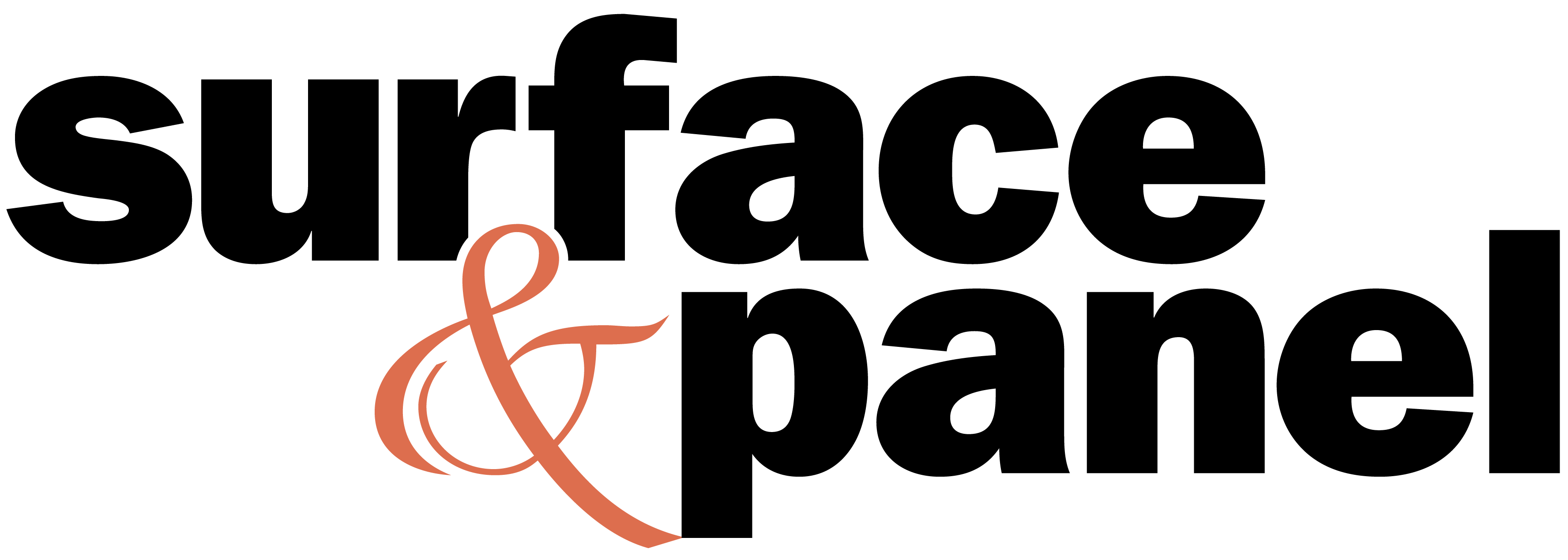Table of Contents
UPDATE: U.S. Federal Government Designates Wood Products Industry as 'Essential'
The U.S. Department of Homeland Security's Cybersecurity and Infrastructure Security Agency (CISA) has designated those who work in the wood products industry as an essential critical infrastructure workforce during COVID-19 response. This designation is advisory in nature, made in order to inform state, local, tribal, and territorial governments as they make decisions with respect to continuity of operations during the COVID-19 pandemic. To date, some states have incorporated this federal guidance in while others have not (see daily snapshot above for the latest state by state information).
IWPA urges employers to provide employees with a letter highlighting this designation if they are traveling to and from work when restrictions on travel have been imposed.
Status of U.S. 'Phase 3' Stimulus Legislation (updated Monday, March 23rd)
The United States Senate is currently considering 'Phase 3' economic stimulus package to bolster the U.S. economy as the nation works to address the spread of COVID-19. As of the afternoon of Monday, March 23rd, Republicans and Democrats have not reached agreement on final bill language that has the votes to pass the Senate, but an outline of key provisions is below.
- Direct payments to Americans of $1,200 with an additional $500 for each child. The payments are phased out for Americans making more than $75,000 per year.
- $350 billion for new small business retention loans that will be forgiven if workers are retained.
- Increases the duration of unemployment insurance payments to 39 weeks for eligible workers, retroactive to January 27th.
- $242 billion for federal safety net programs.
- $208 billion in loans to airlines and other industries, to be repaid.
While negotiations are ongoing, Senate Republican leaders have called two procedural votes to move it forward that have failed. In the meantime, Democratic Speaker of the House Nancy Pelosi has indicated that she will craft an alternative bill. It is expected that an agreement is close and the Senate bill could be approved and move to the House of Representatives by Monday evening.
IWPA urges members to contact Senators and Members of Congress where your company has facilities to urge them to finalize this legislation as quickly as possible to provide much needed certainty to businesses in their communities. It is critical for them to know that wood products are important inputs to the manufacturing and construction sectors that can be vital to keep our critical infrastructure operating in this crisis. For example, the state and local governments are turning to RVs and mobile homes to help with the response effort. Those that supply this industry via manufacturing, importation and distribution are critical infrastructure that needs to be supported.
CBP Considering Duty Delay Requests
U.S. Customs and Border Protection (CBP) is also currently permitting importers to defer duty payments on a case-by-case basis for up to ten days, as stated in CSMS #42097586. This action allows companies to maintain a better cash flow. CBP is sympathetic to the impact the COVID-19 virus is having on importers, however, CBP does not have the authority to extend the proposed current 10-day relief. Experts believe that a presidential proclamation directing the U.S. Treasury Department to allow importers a longer period of relief is required. This action is expected sometime in the coming days, and it will provide companies some additional, but likely temporary, relief.






